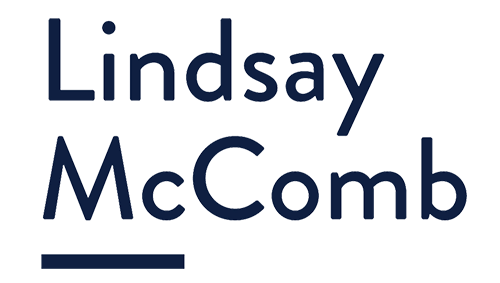Who edits the editor?
Image via Wizzy Wig
Nobody’s writing is perfect. But when you’re an editor, your writing is supposed to be pretty darn close. And when you’re on a deadline, even more so.
Robert Doran sums up my editing conundrum over at Catherine, Caffeinated: “People often think that if you can write you can edit — and vice versa. But writing and editing are very different skills, and competency in one doesn’t guarantee ability in the other.”
Writing is creation. Editing is problem-solving. They’re two different mental processes. And while they are distinct, they’re not incompatible. They can work together harmoniously. It just takes a little practice.
So while I can’t guarantee that your writing will be 100% error-proof when you self-edit, these five tips will definitely get you a lot closer to perfection.(Protip: Remember that “definitely” is definitely not spelled “definAtely”.)
1. Take a break
This is an obvious, but often overlooked tip.
Sometimes all it takes is a little distance, a little space from that paragraph you’ve been tinkering with. Go for a walk, get a cup of coffee, watch something on Netflix. If you don’t have the luxury of time, even just a quick trip to the bathroom can give you enough mental (and more importantly emotional) distance and a fresh pair of eyes — eyes that are more likely to catch that awkward phrasing or misplaced comma.
2. Read like a reader
Imagine, just for a second, that you are not you. You are the reader, the intended audience. Does what you’re reading make sense? Is it interesting all the way through? Does it drag in some places or sound awkward in others? Does it have the information you want and need? How does it make you feel? Would it leave you with a lasting impression?
When reading as someone in the intended audience, it’s not necessary to focus on grammatical and spelling errors, but rather to key in on content and style. Save the typo hunt for the next read-through.
3. Omit needless words
In The Elements of Style, William Strunk advises writers to get rid of unnecessary words. He said that, “A sentence should contain no unnecessary words, a paragraph no unnecessary sentences, for the same reason that a drawing should have no unnecessary lines and a machine no unnecessary parts.”
A great way to check for errors and mistakes is to read through your writing with the intention of trimming out extra details or useless adverbs. You’d be surprised what you notice when you focus on making sure that every word counts. (Protip: If you want to become an amazing writer, read The Elements of Style. Twice.)
4. Read out loud
Repeated words, missing commas or embarrassing homophone errors: I rarely miss these kinds of things when I’m proofing or copy editing for another person. Yet for myself, I tend to skim, rush and make tiny typos that look bad. And also they make me feel bad. (Protip: “It’s” is a contraction for “it is.” For the love of God, please don’t mix it up with the possessive pronoun, and homophone, “its.”)
An easy way to catch those kinds of mistakes is to read your writing aloud. If you’re in an open floor plan office or a coffee shop, you can just whisper. The point is, when you read out loud versus silently, your brain processes the information differently. And that shift in thinking will no doubt help you notice just how terrible that sentence actually sounds.
5. Be ruthless
This is one of the most difficult things to do as a writer. It’s hard to be detached from your work, especially when you’ve put your heart and soul and sweat into it. But if you really want your writing to be the best it can be, you have to be ruthless.
Cut out passive sentences, rewrite that phrase until it works, make sure you’re only using one space after the period and not two. Don’t cut corners, don’t skim, and don’t think it’s good enough. Go back and check it one more time. And then check it one more time after that.
And if you have time, get someone else to look at it too, because seriously, two pairs of eyes are always better than one. No matter how great an editor you are. (Protip: Great writers and editors are allowed to break the rules because they know the rules so well.)

